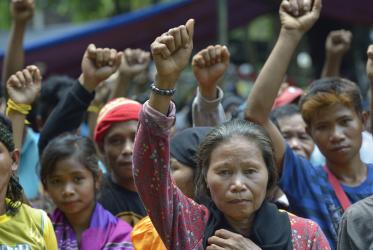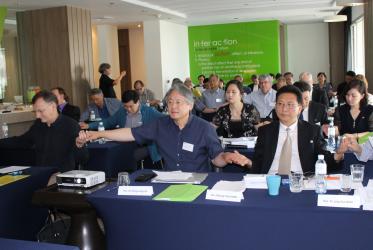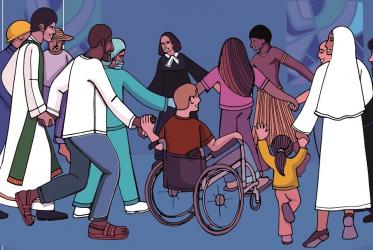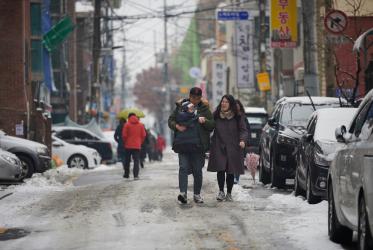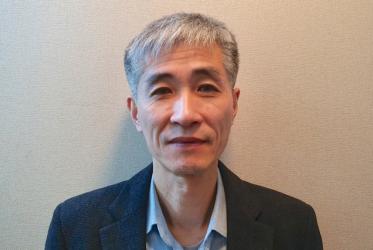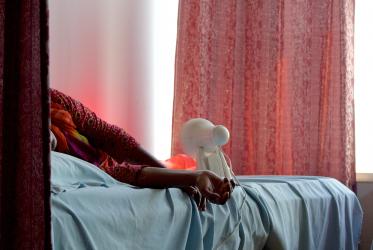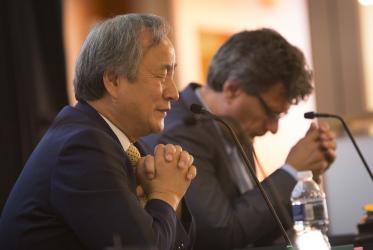Displaying 121 - 140 of 546
Peace and unity on the Korean Peninsula matters globally
25 February 2021
WCC mourns sudden passing of Rev. Fabian Kreischer from Argentina
11 February 2021
"Light of Peace" book now available in Korean
06 January 2021
Rev. Shin Seung-min: “We want to create hope, not despair”
22 December 2020
WCC podcast deals with death and dying
15 December 2020
Bishop Hee-Soo Jung: “Prayer is a radical action”
11 December 2020
COVID-19 in conflict zones: “a crisis within another crisis”
27 November 2020
Brazilian churches call for transformative racial justice
23 November 2020

